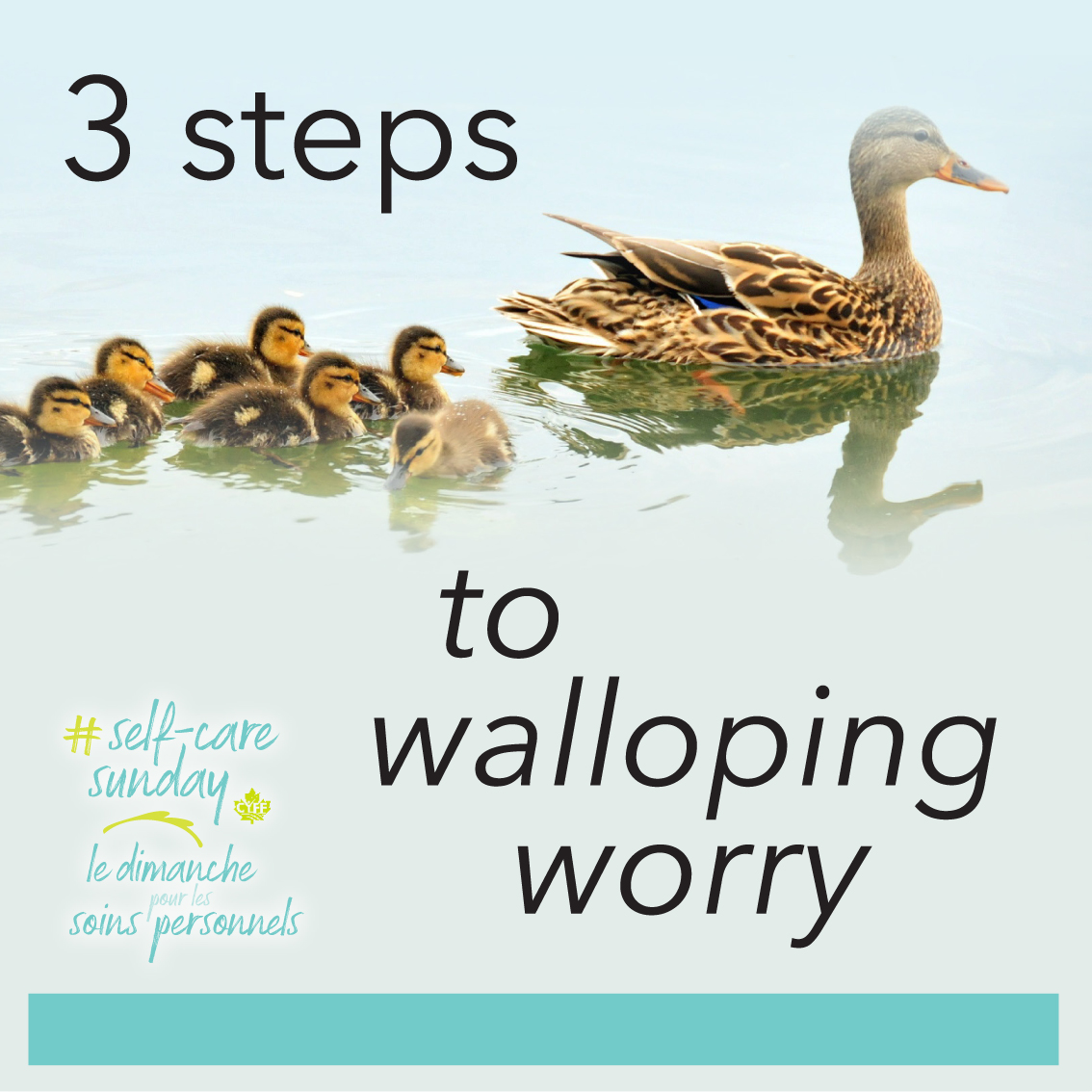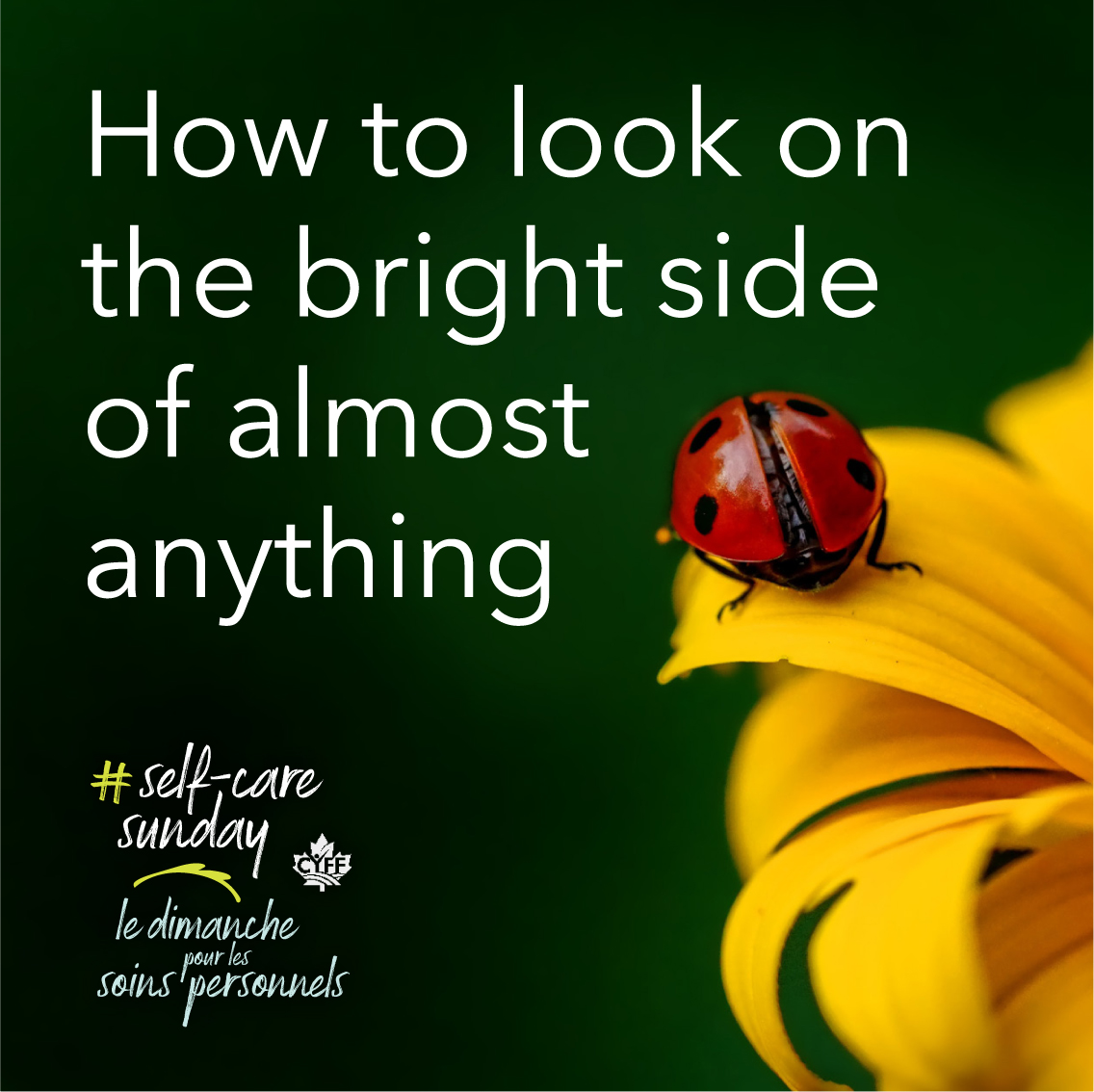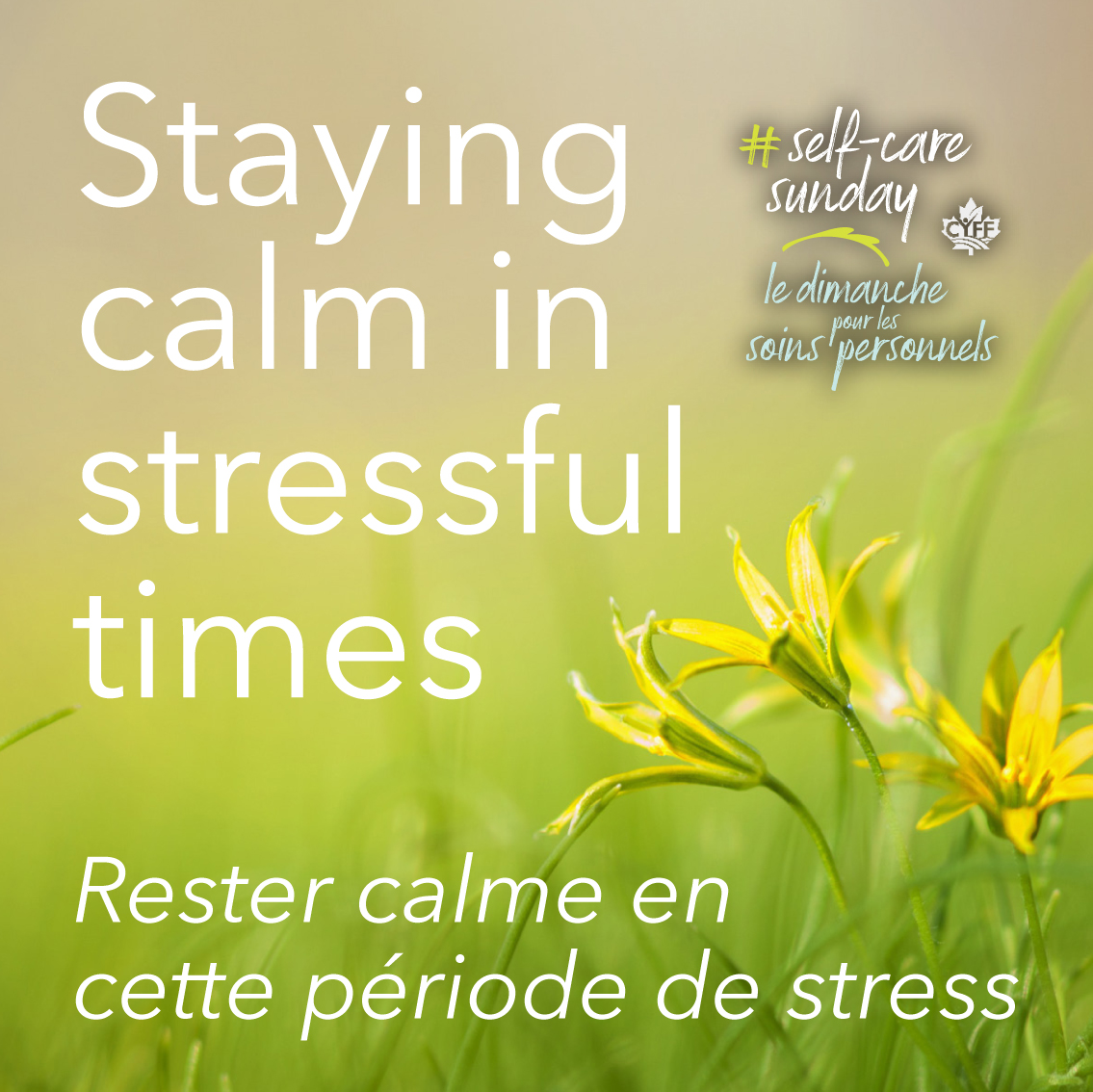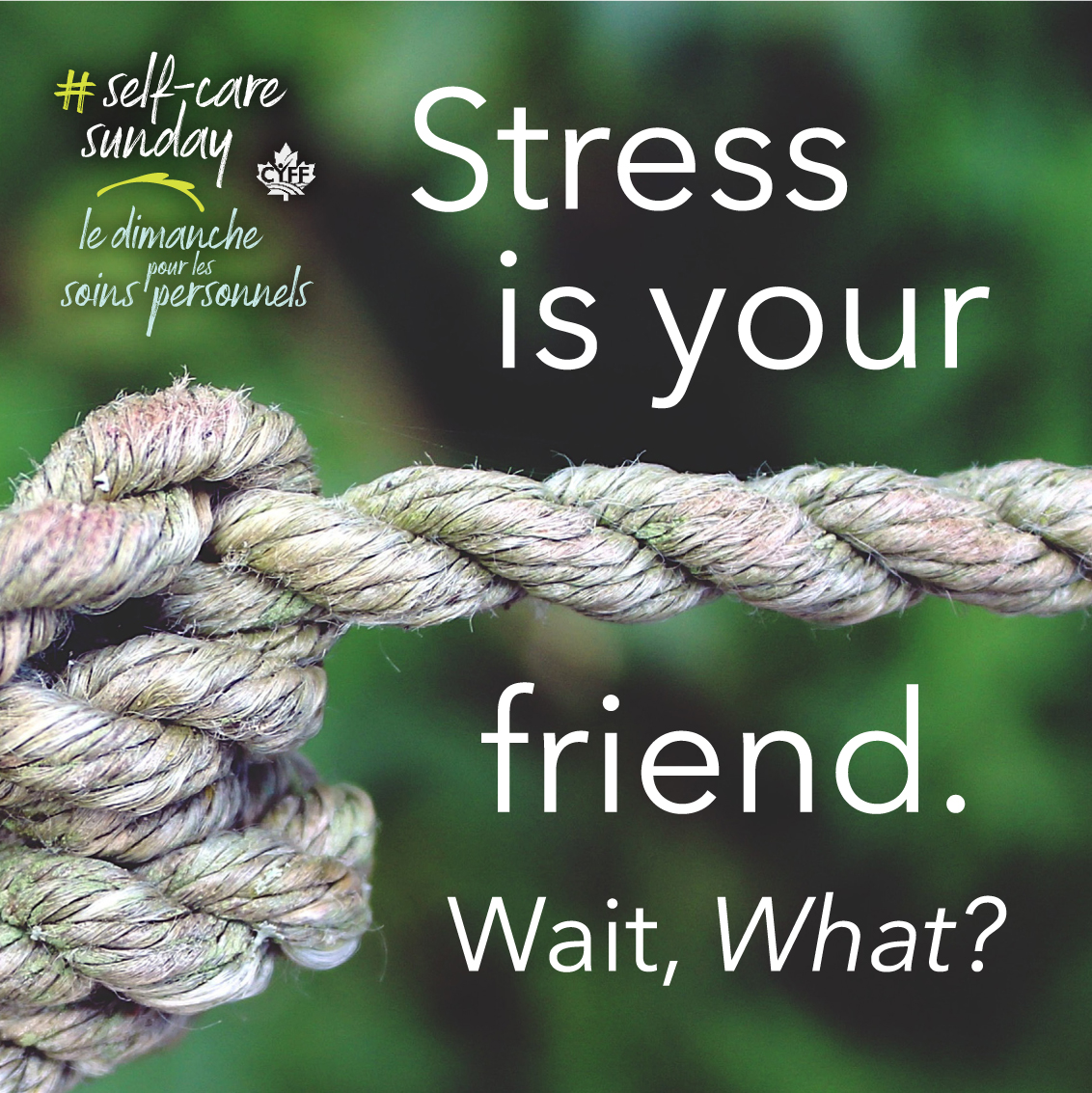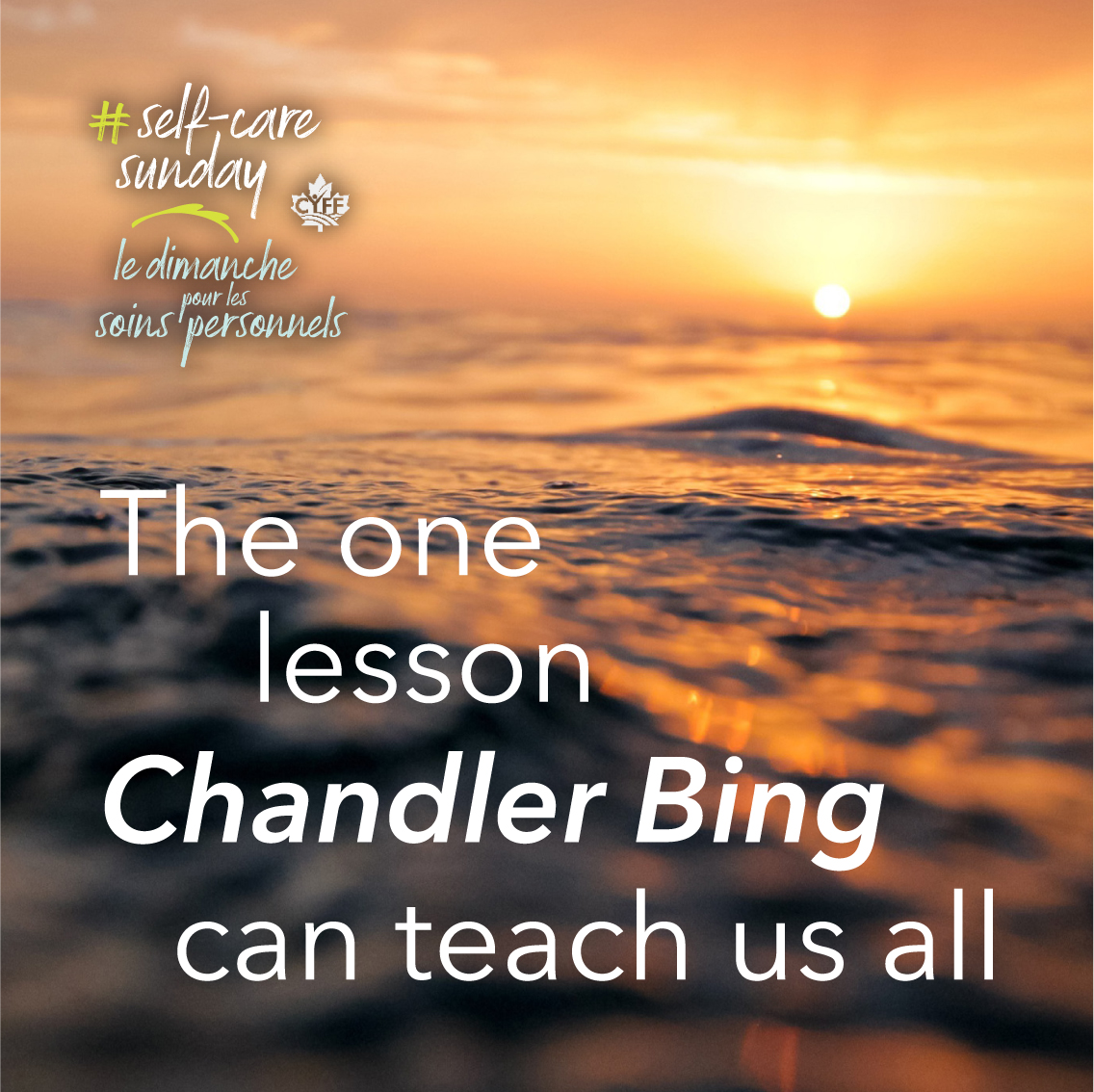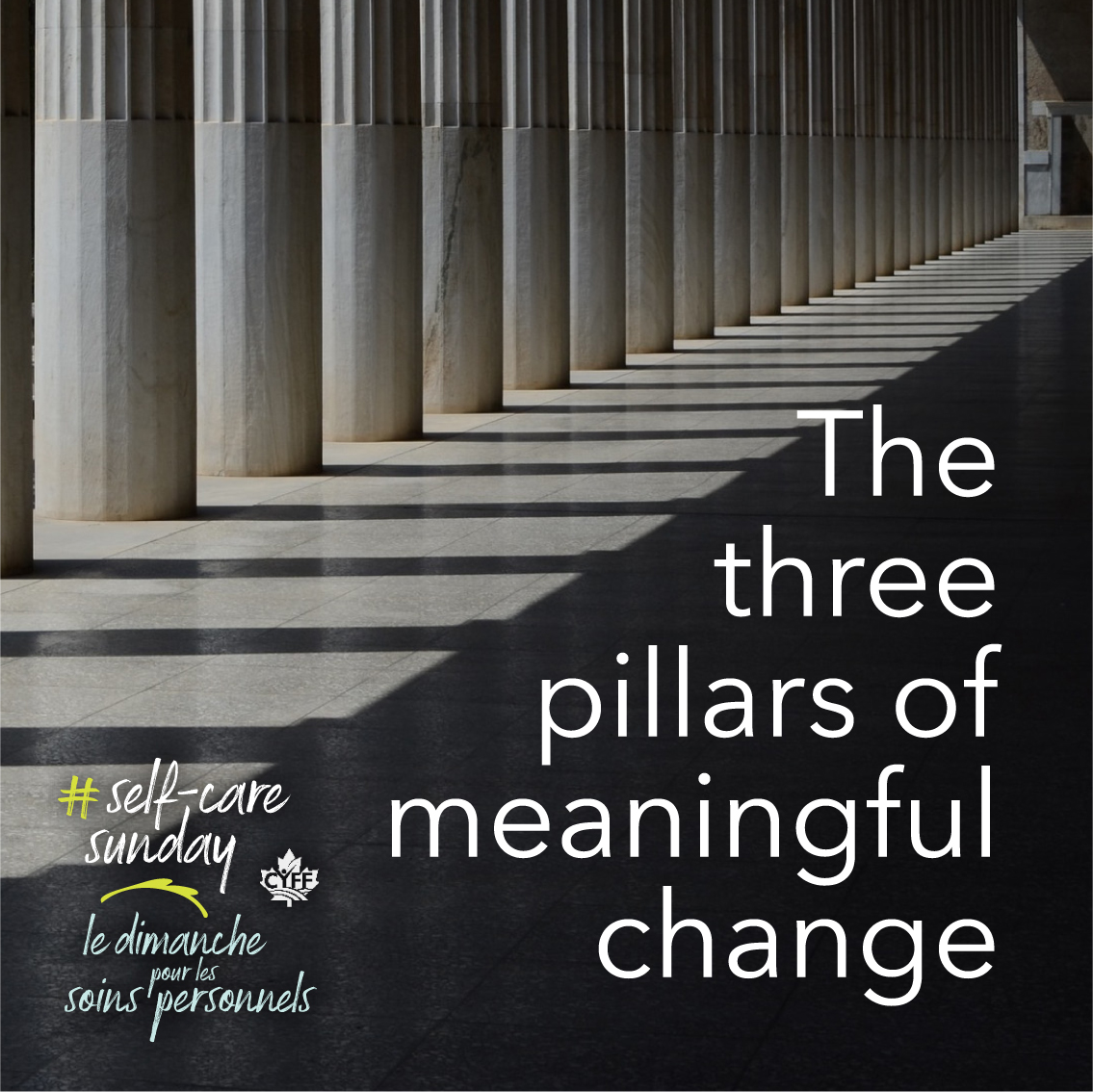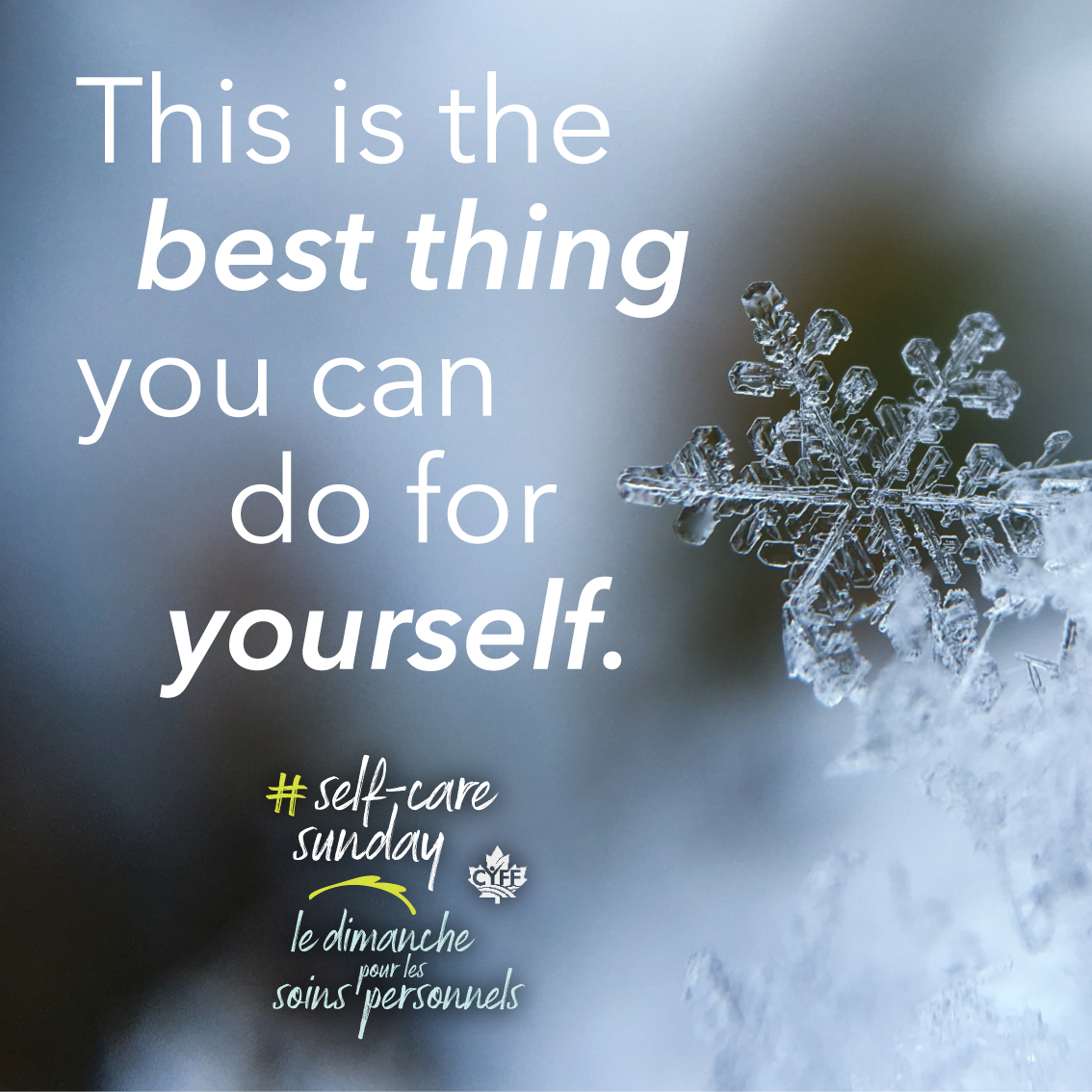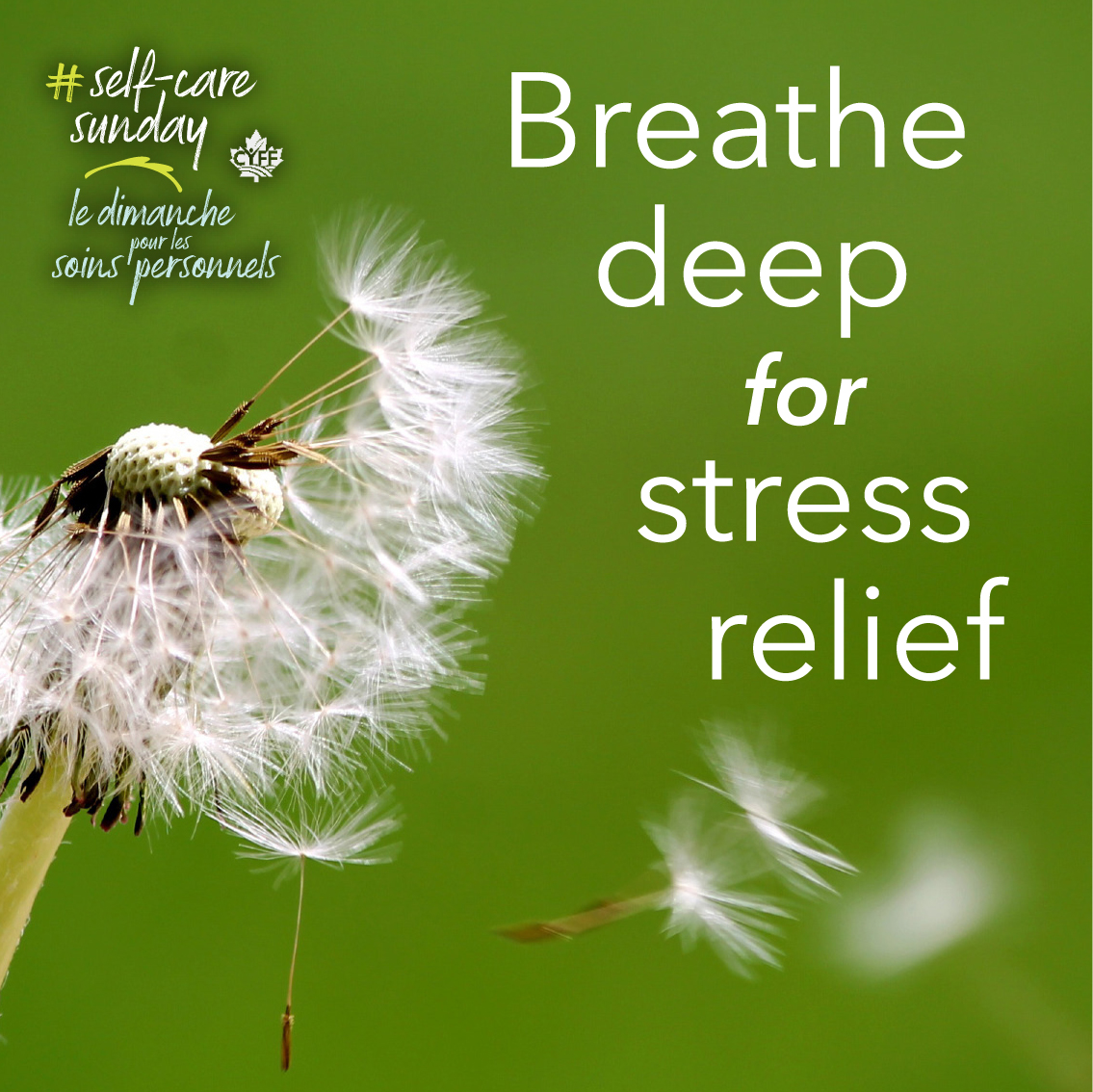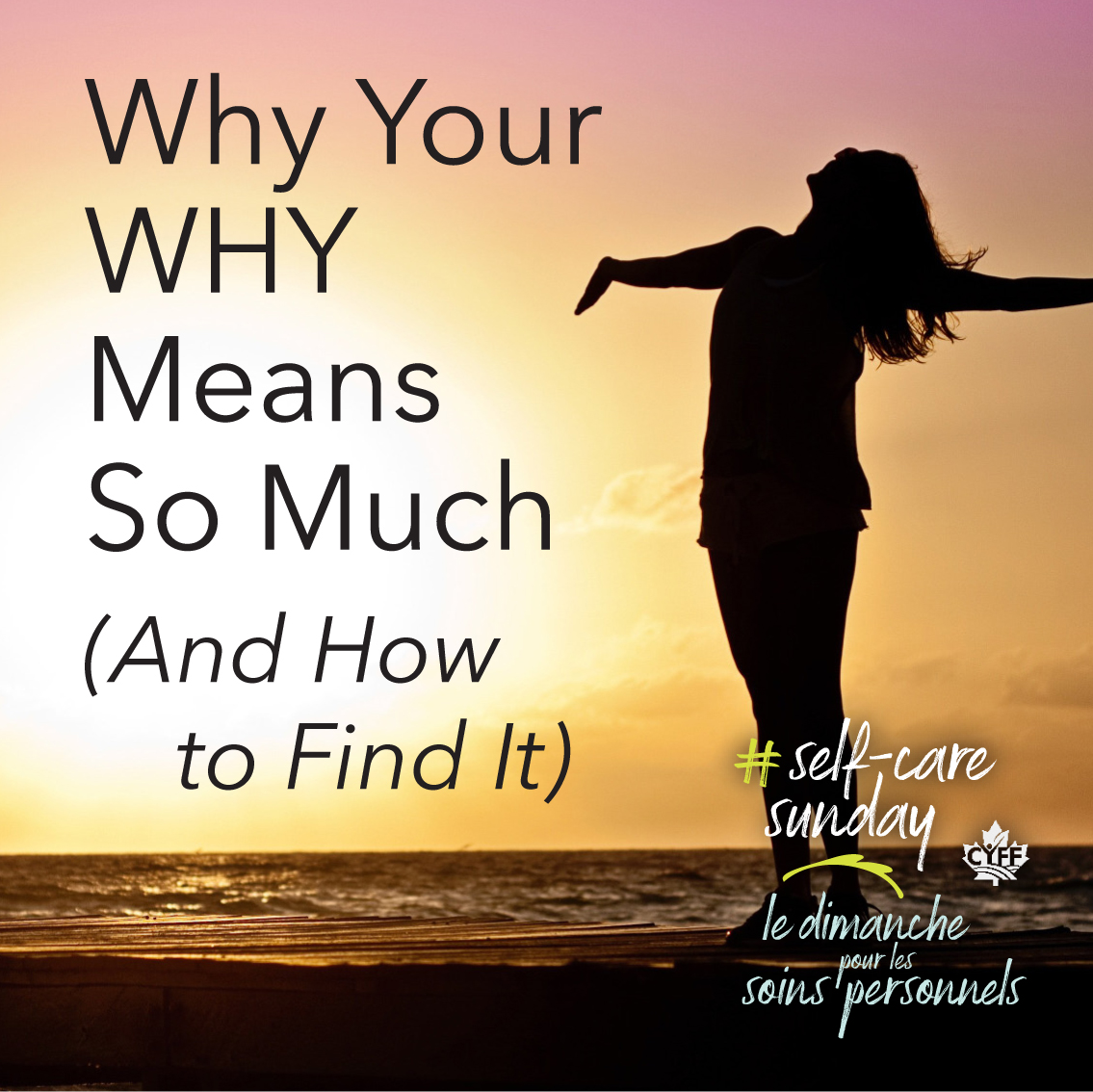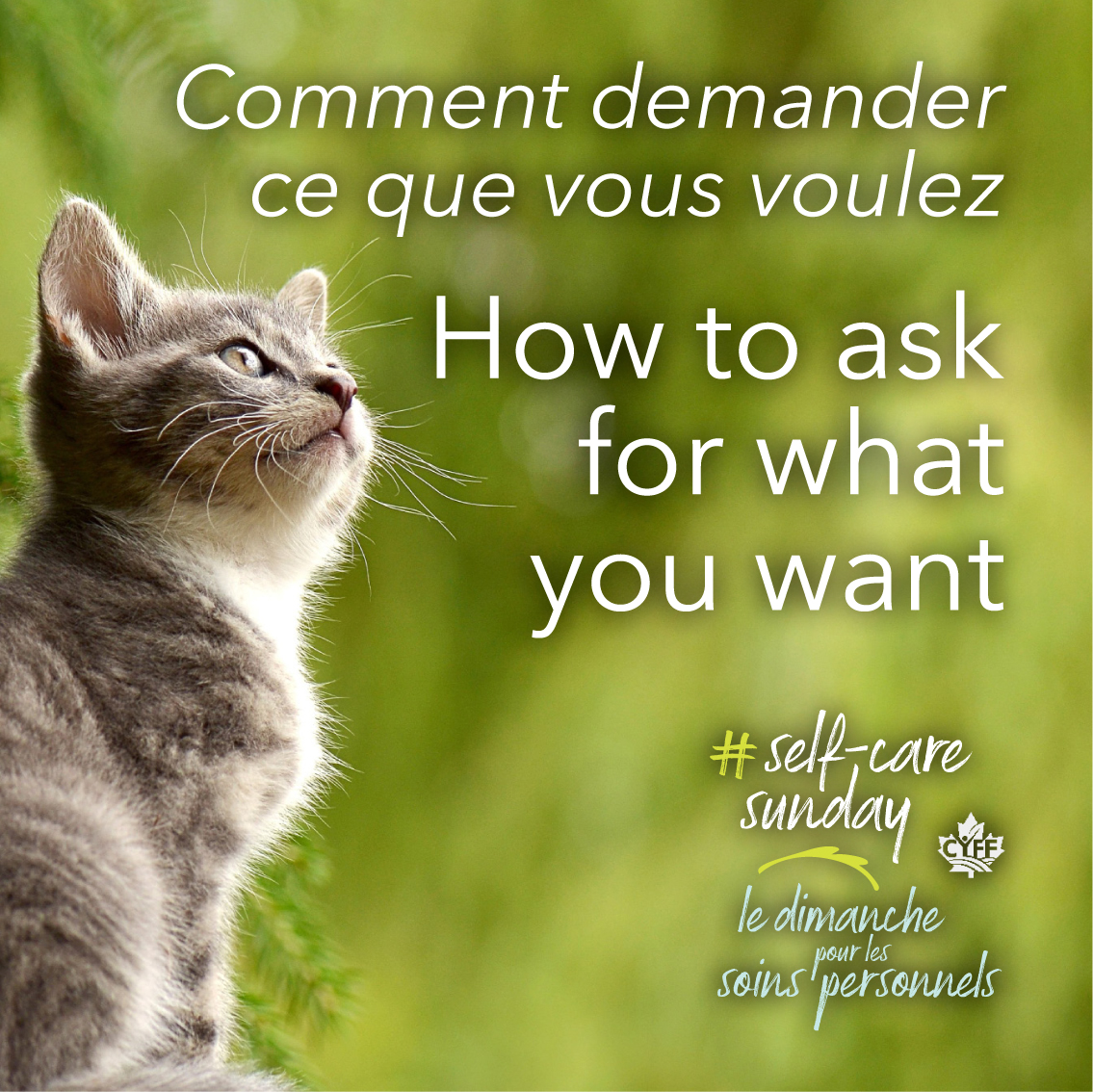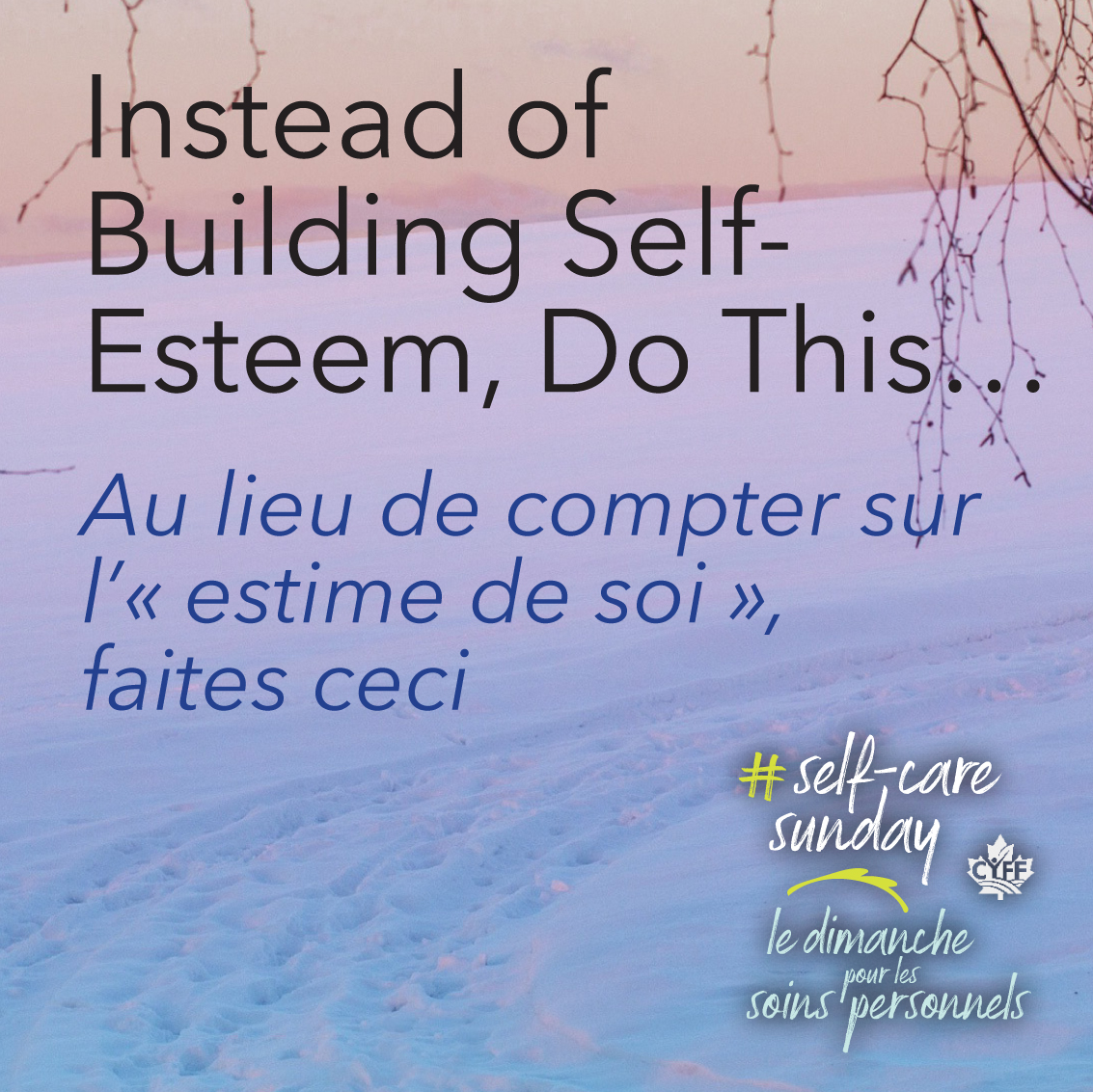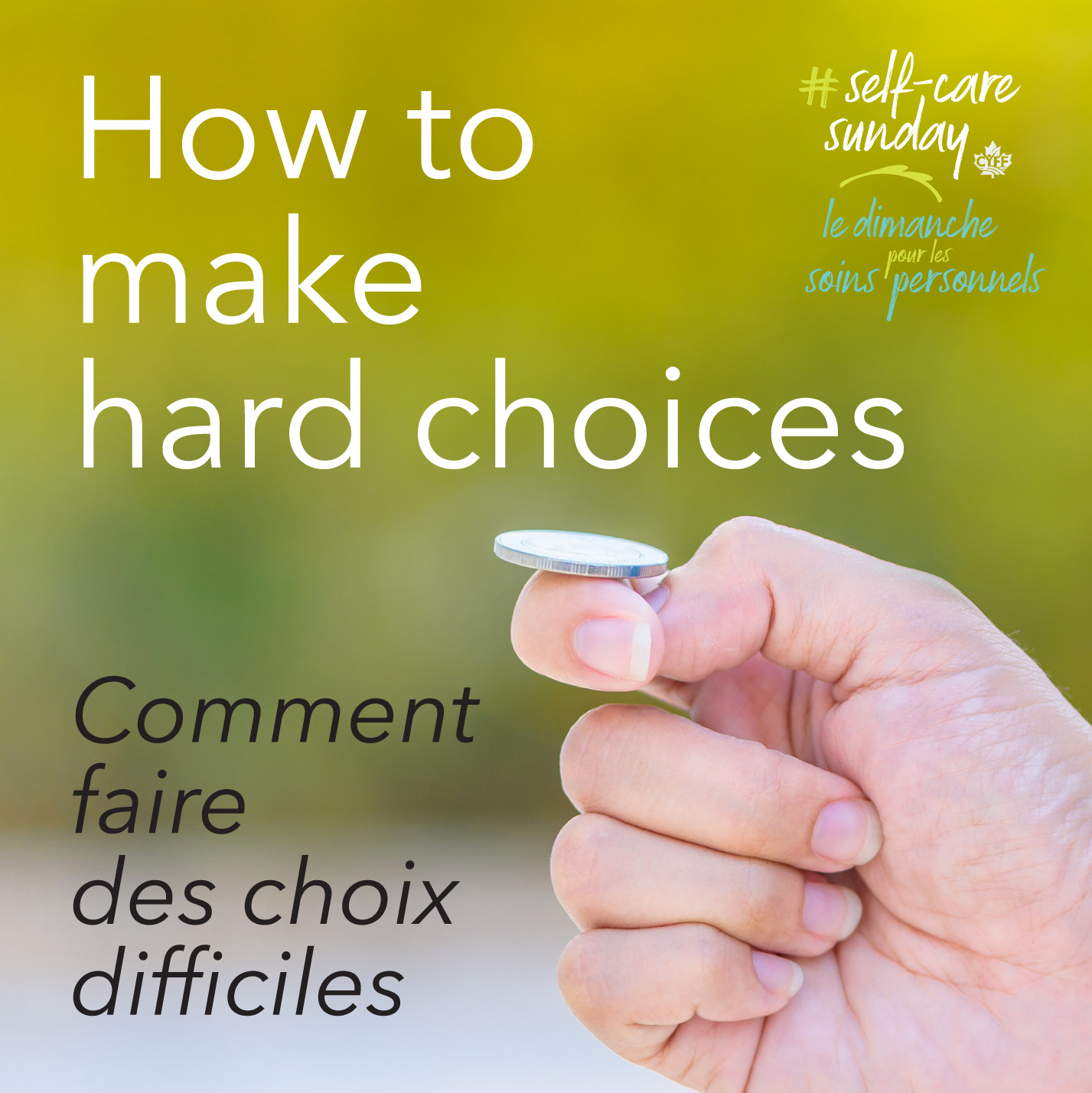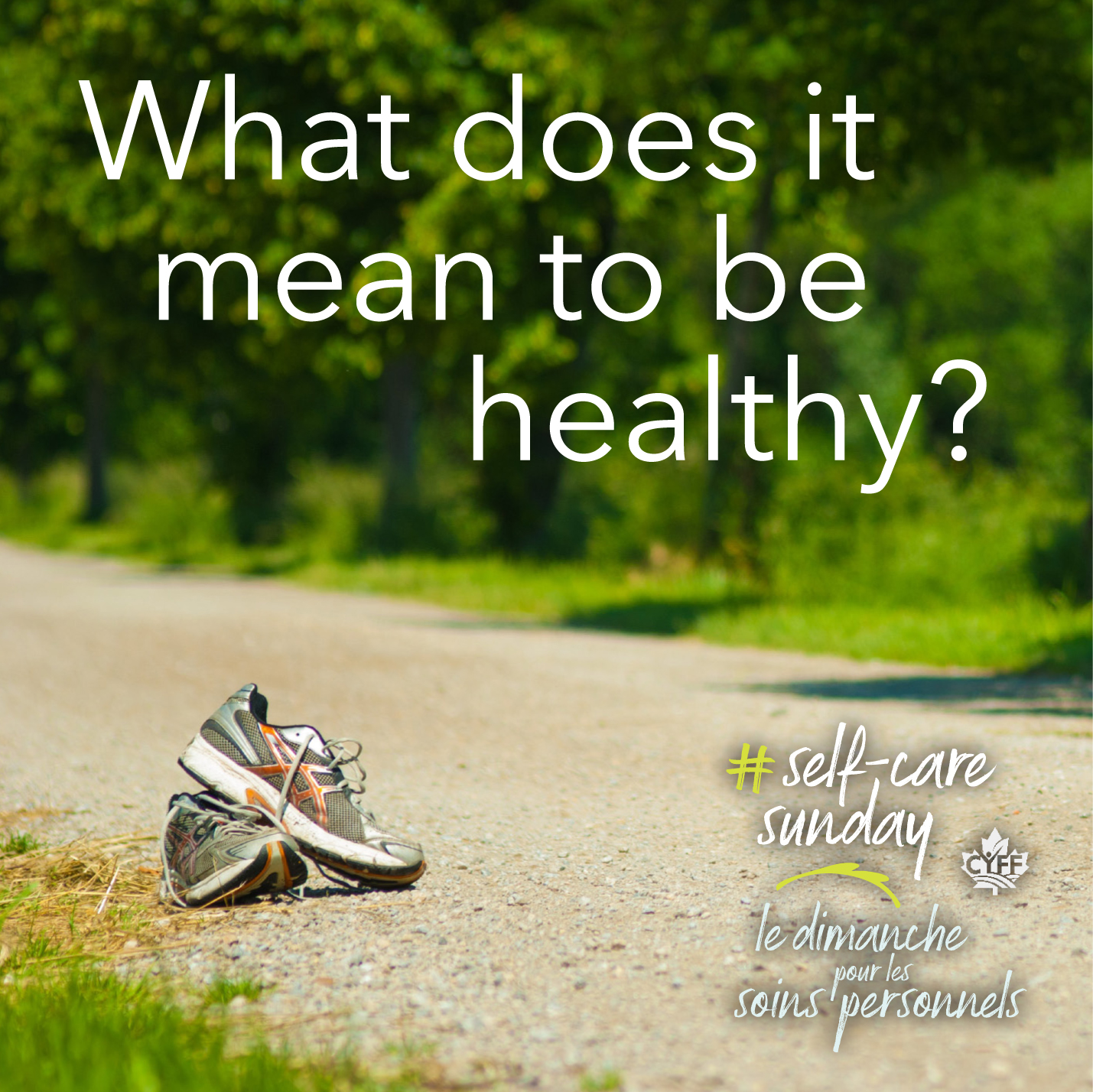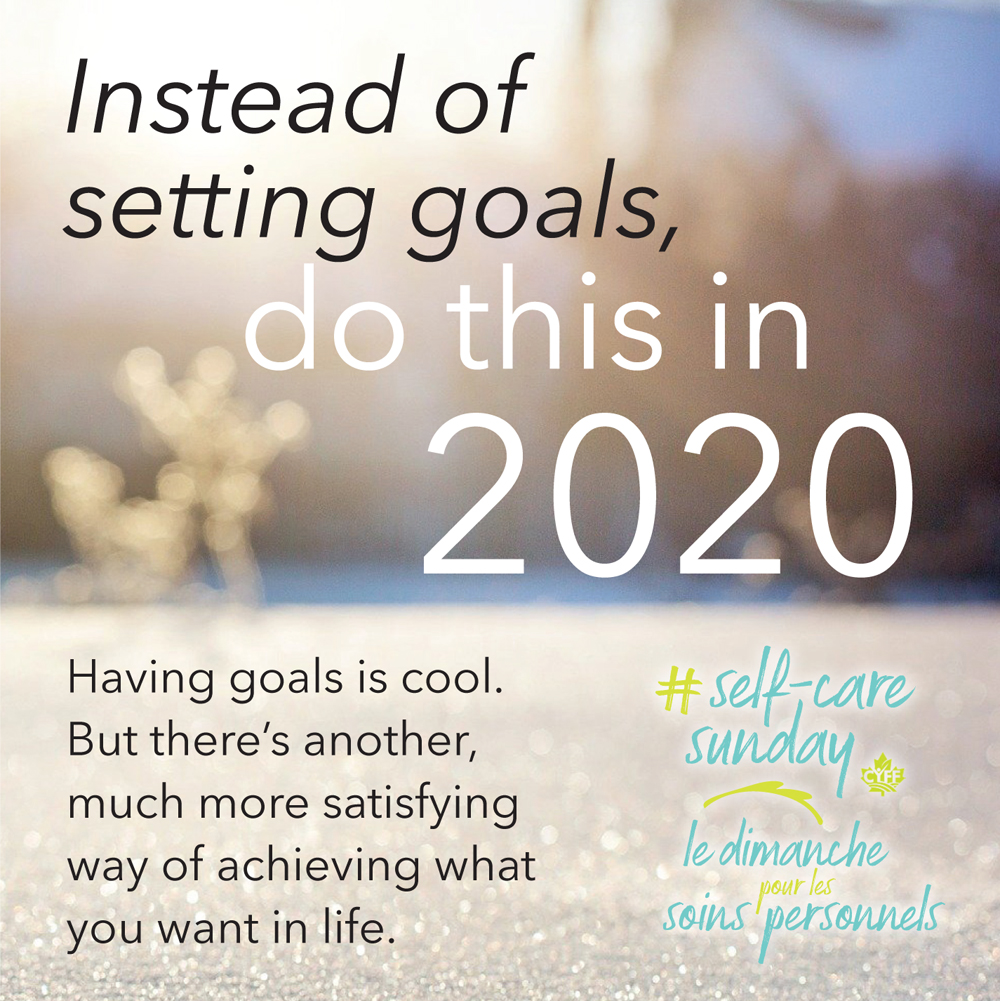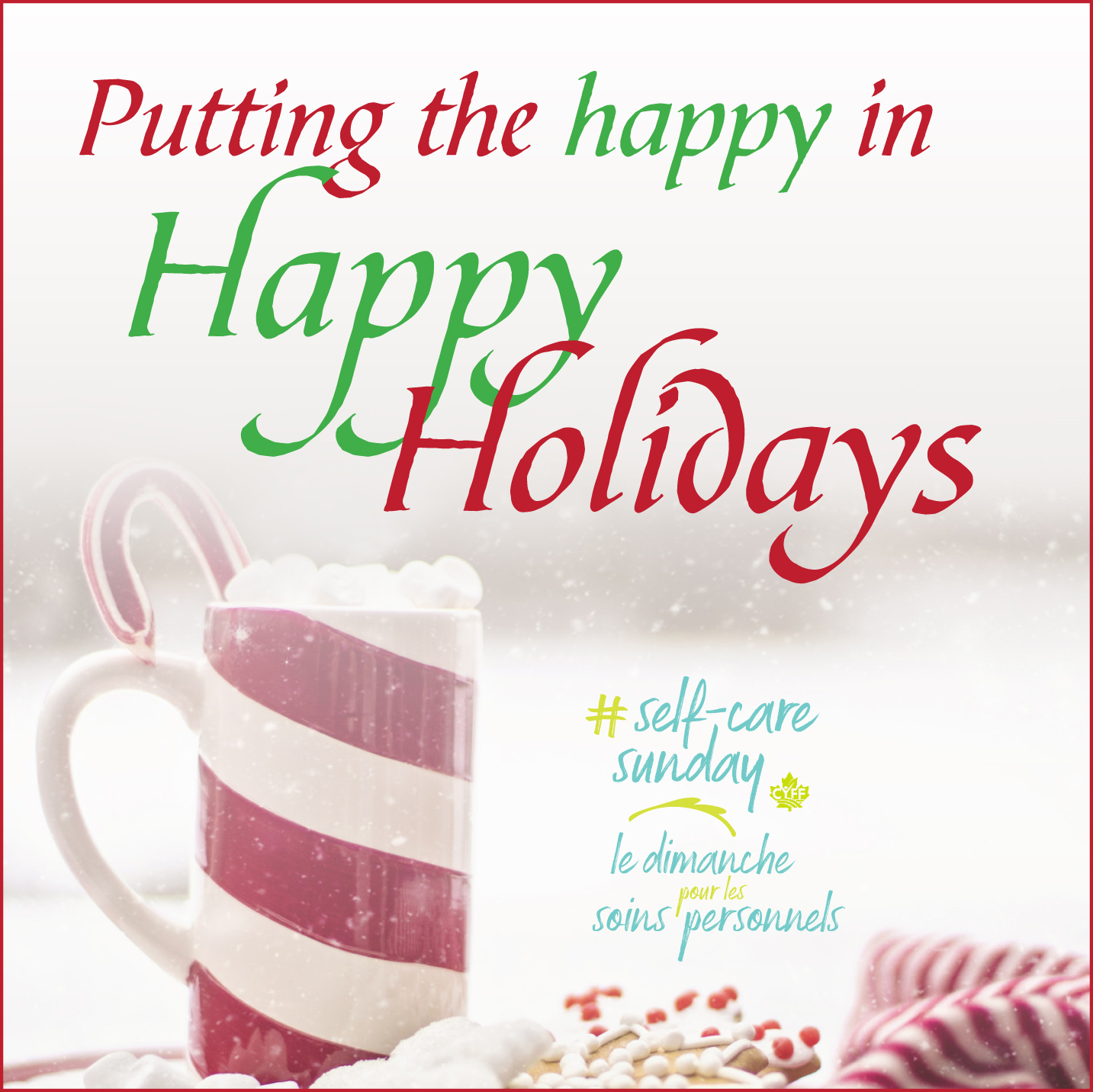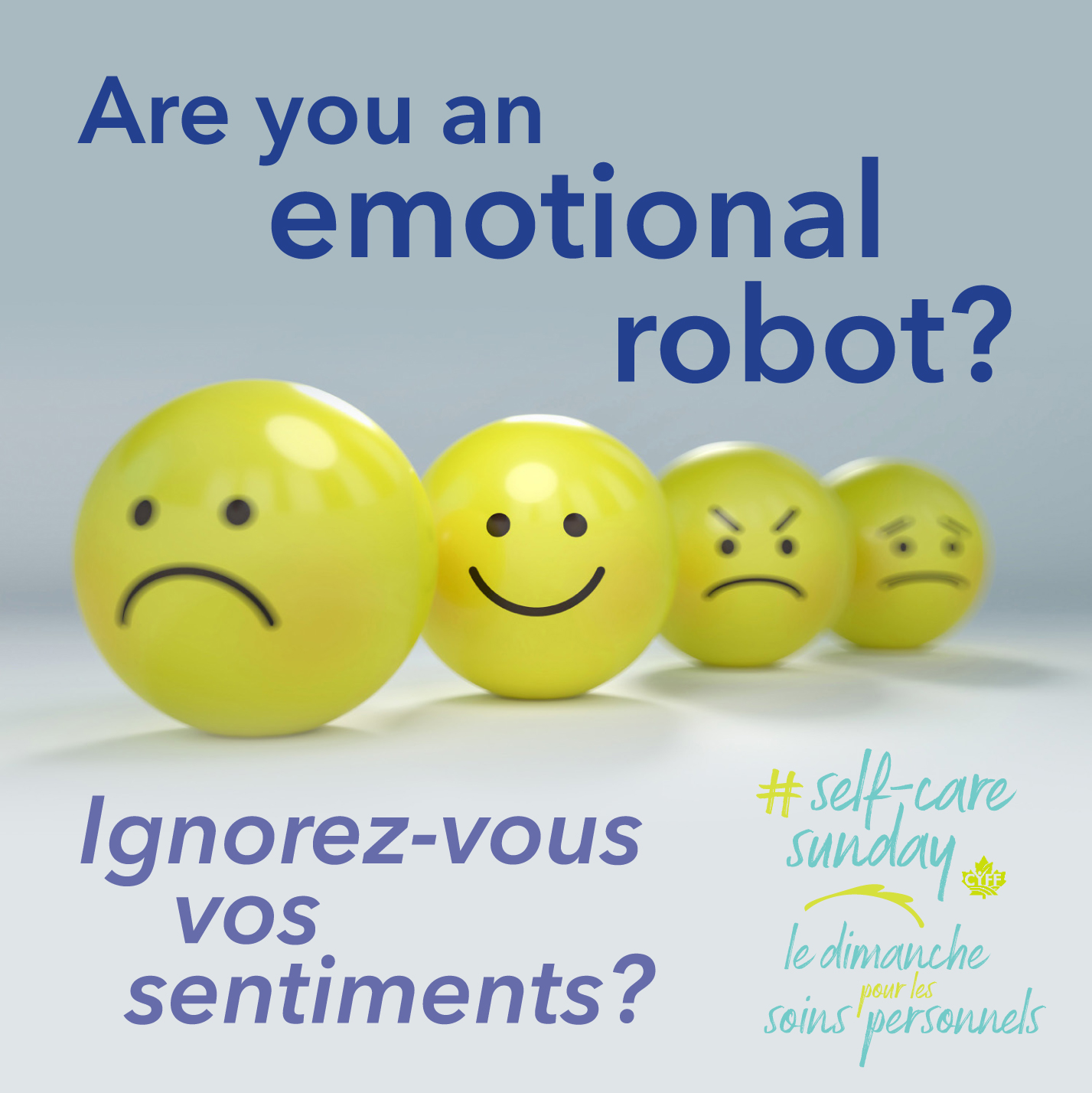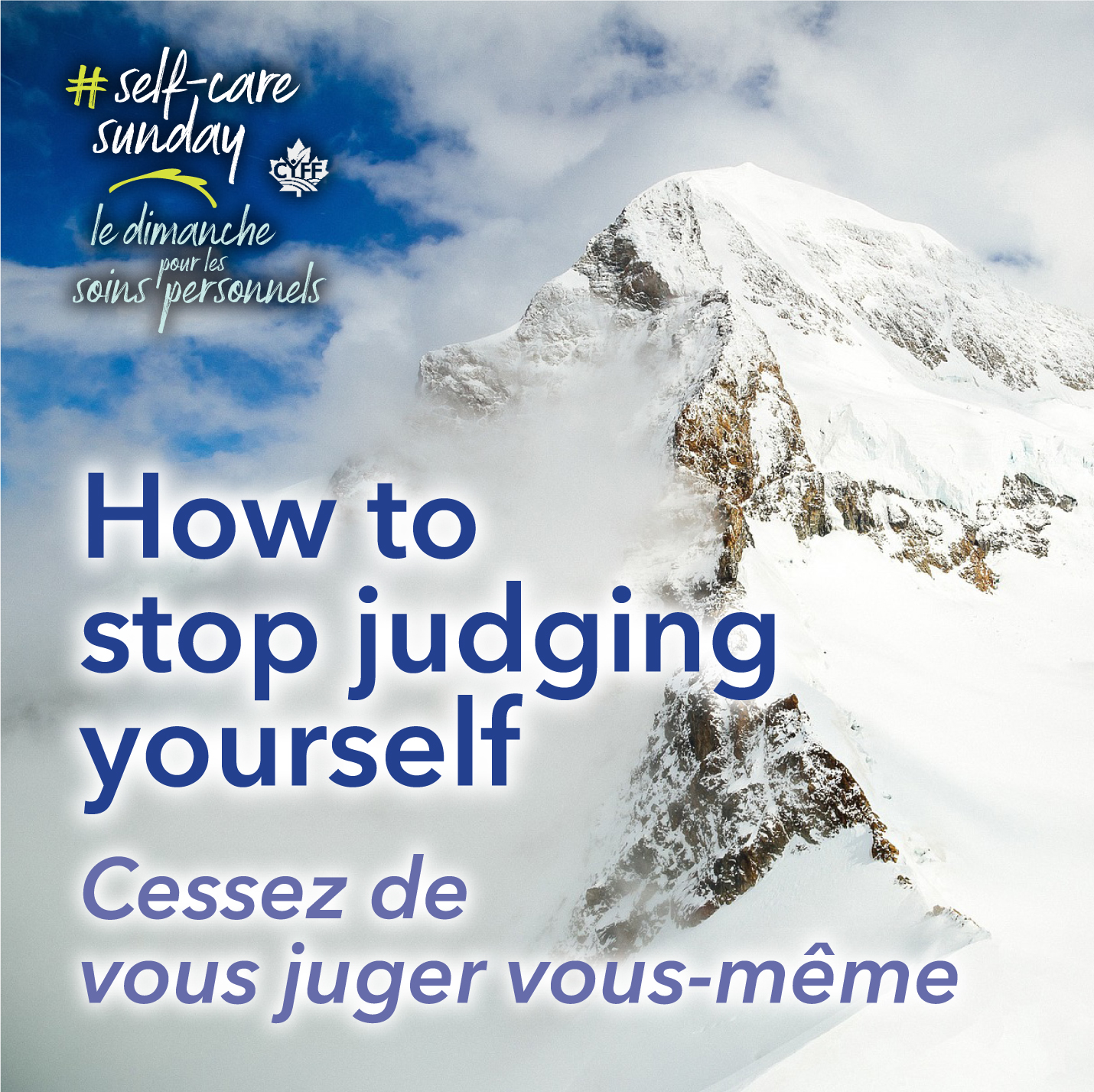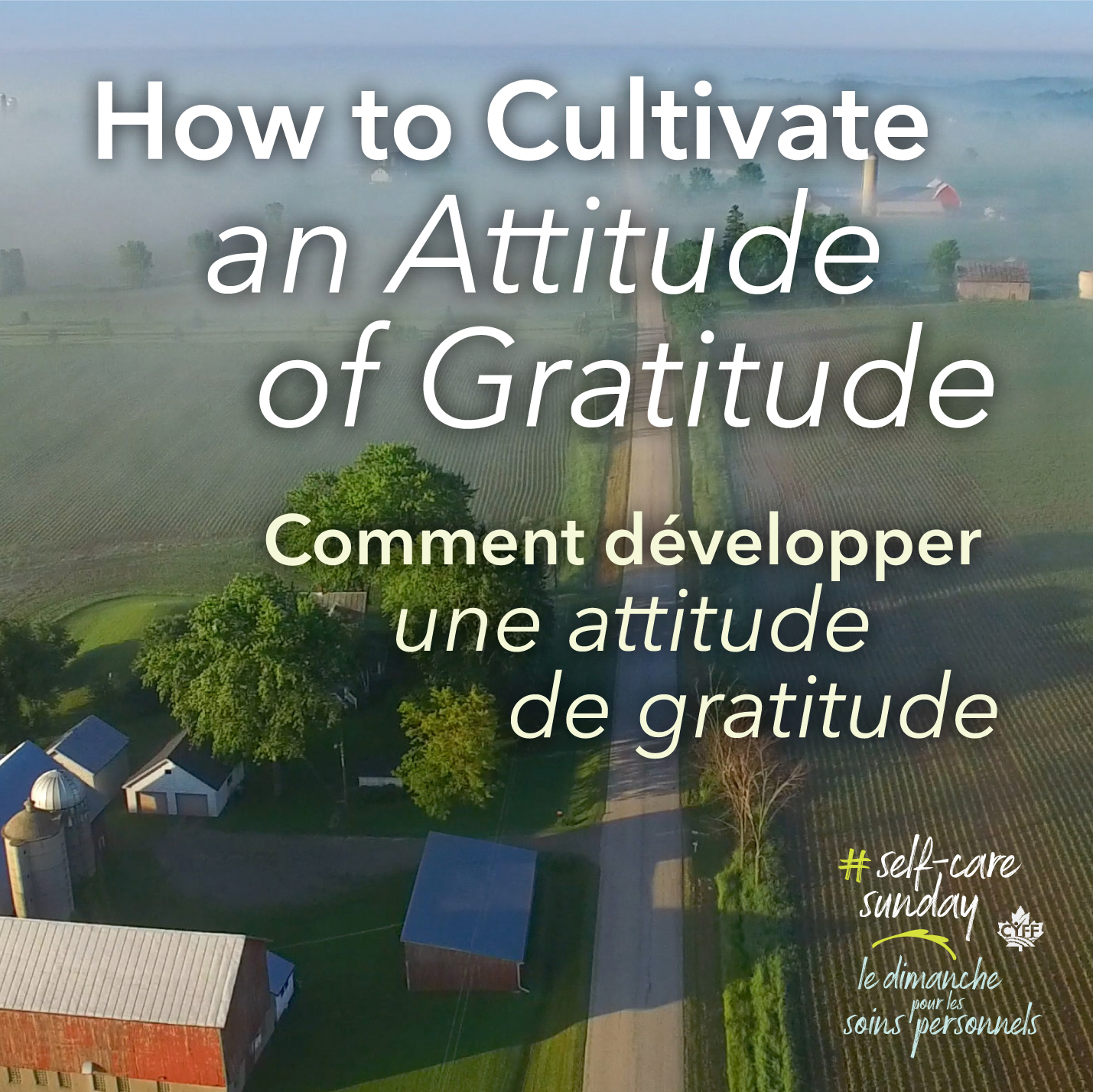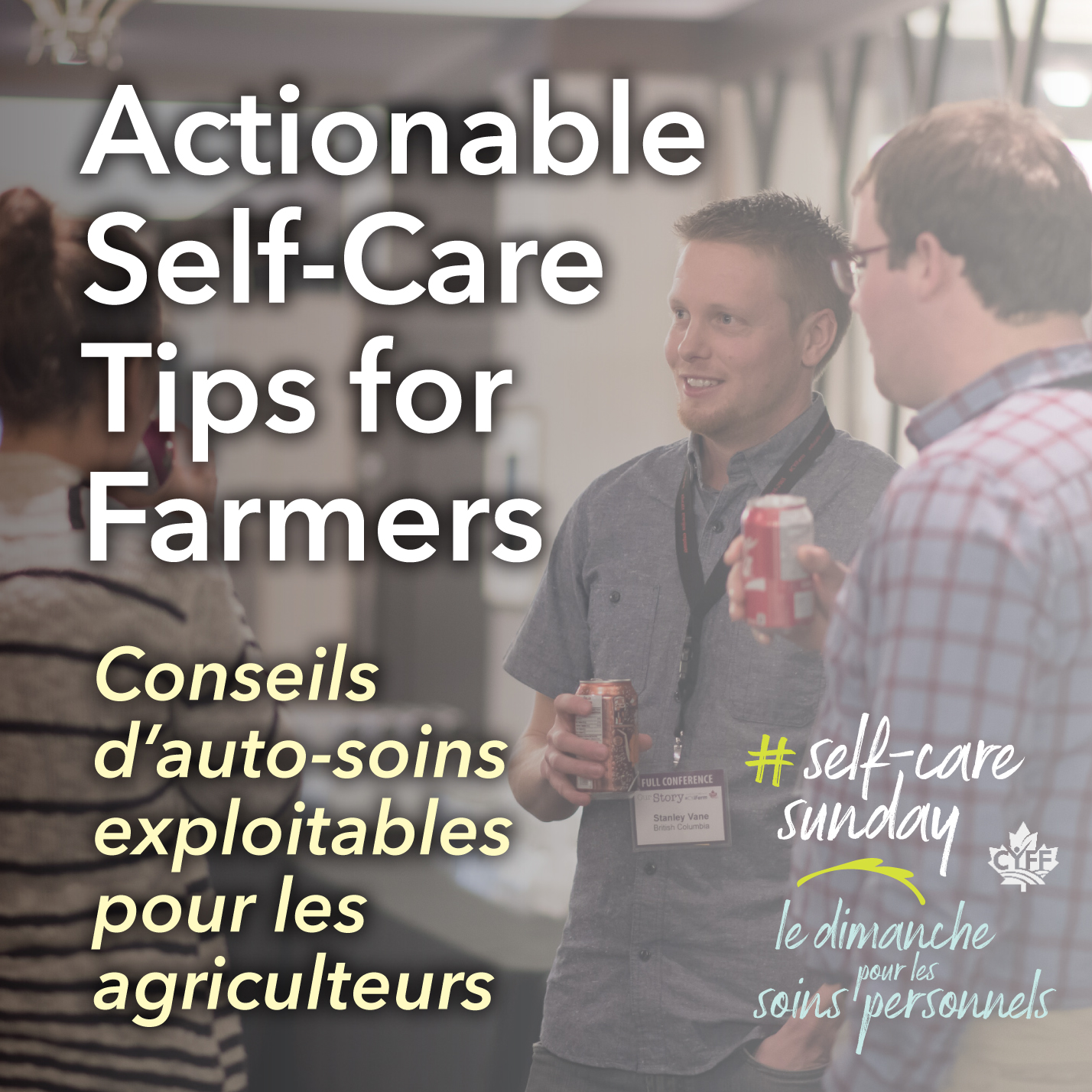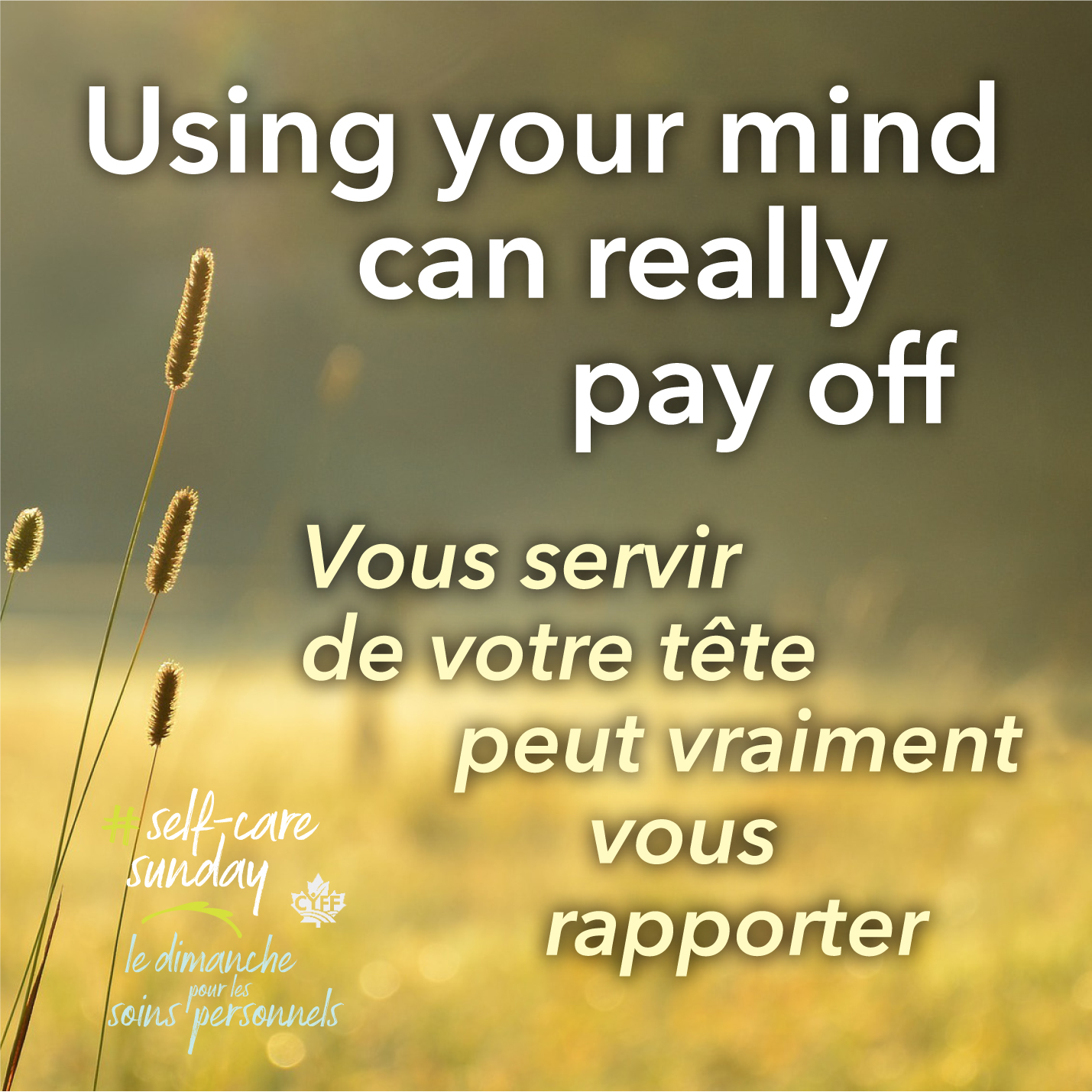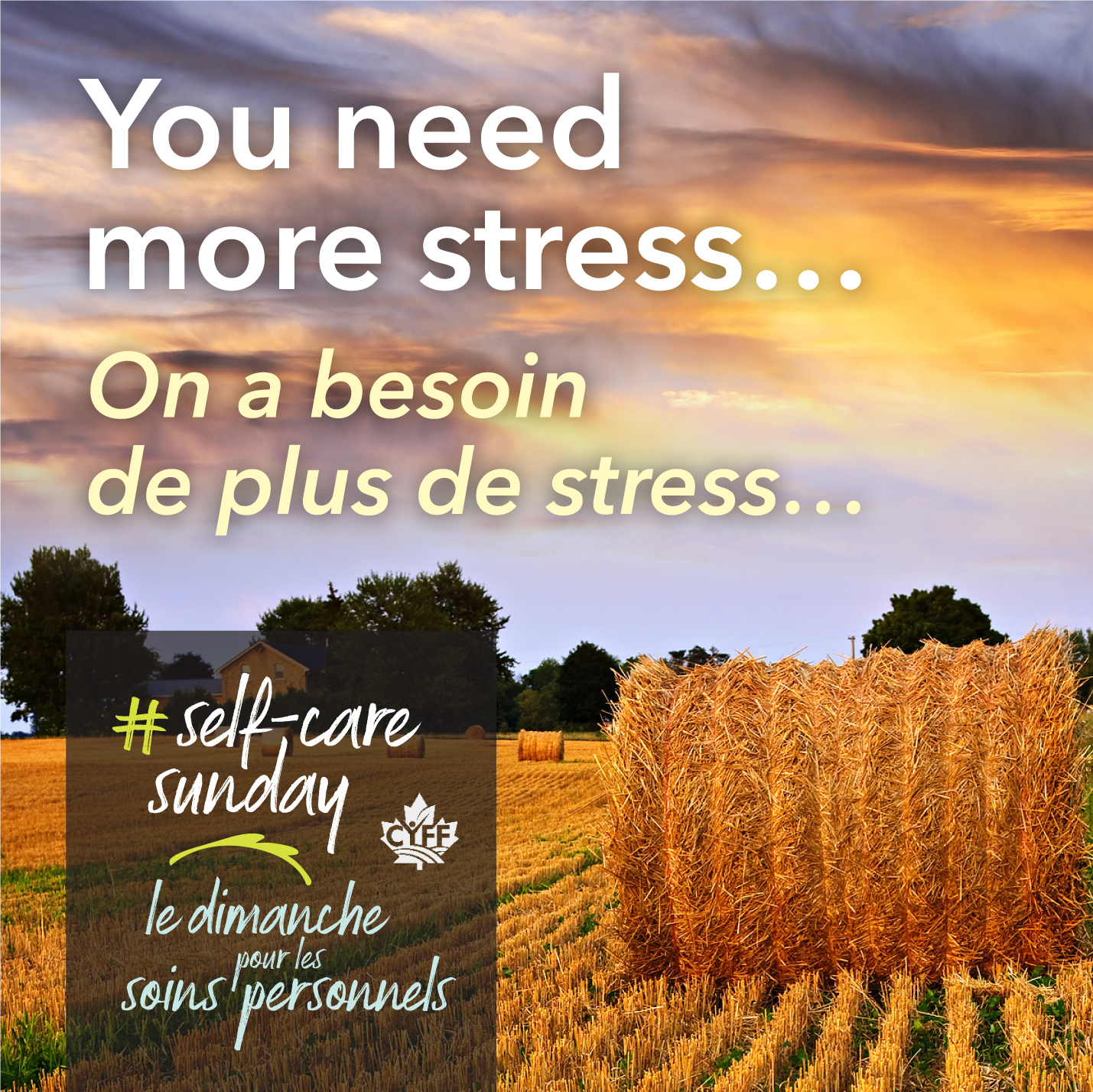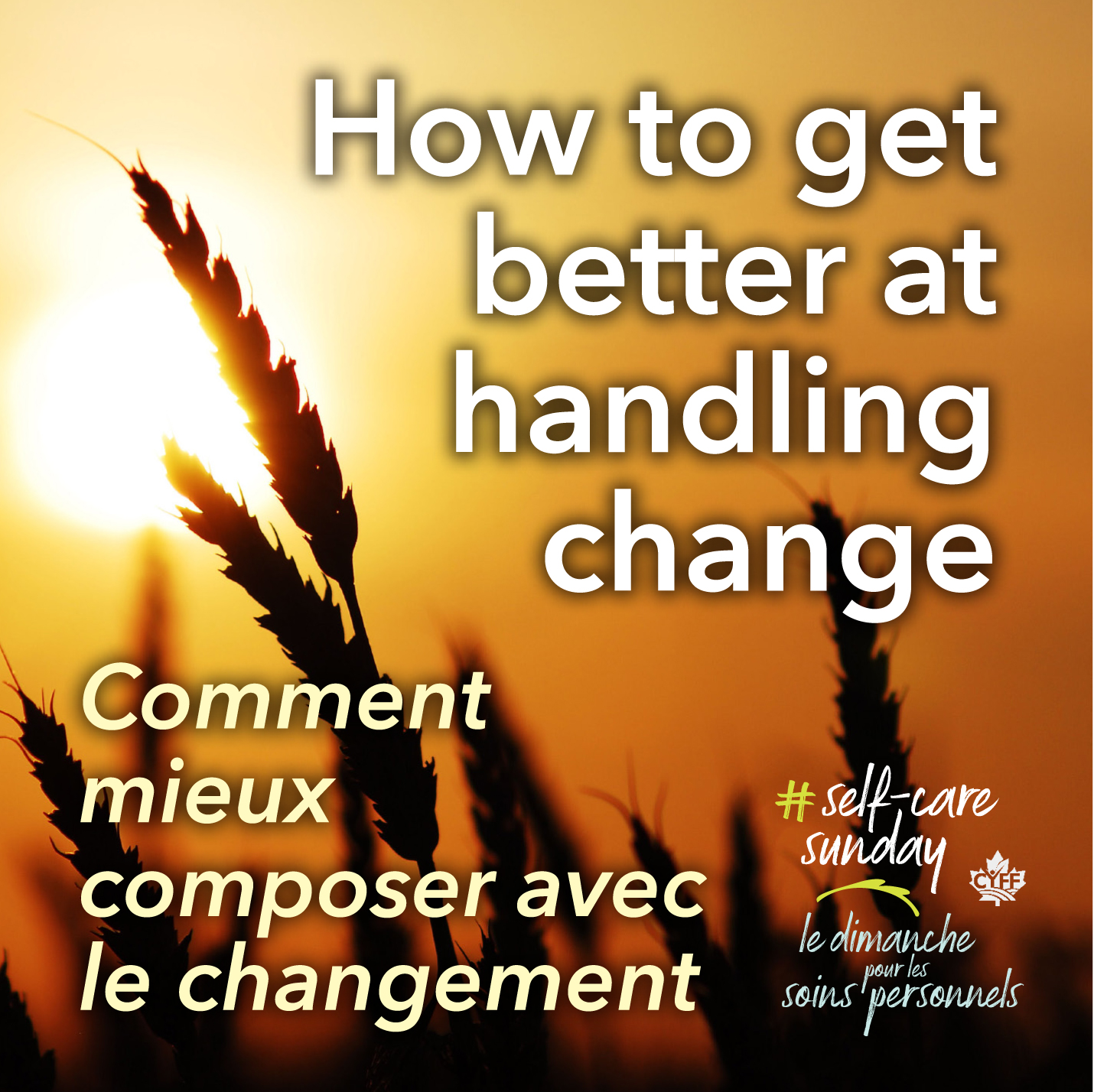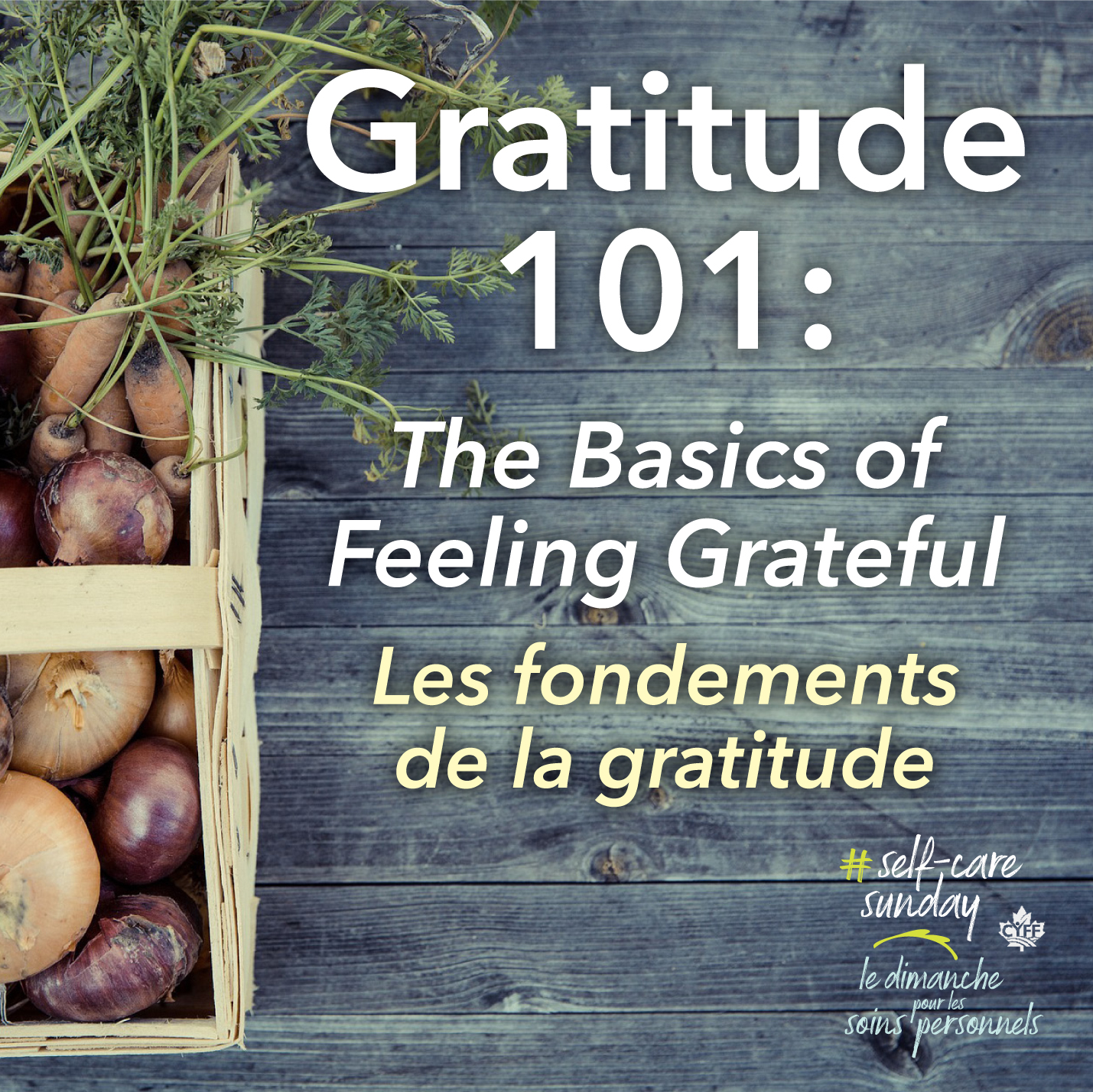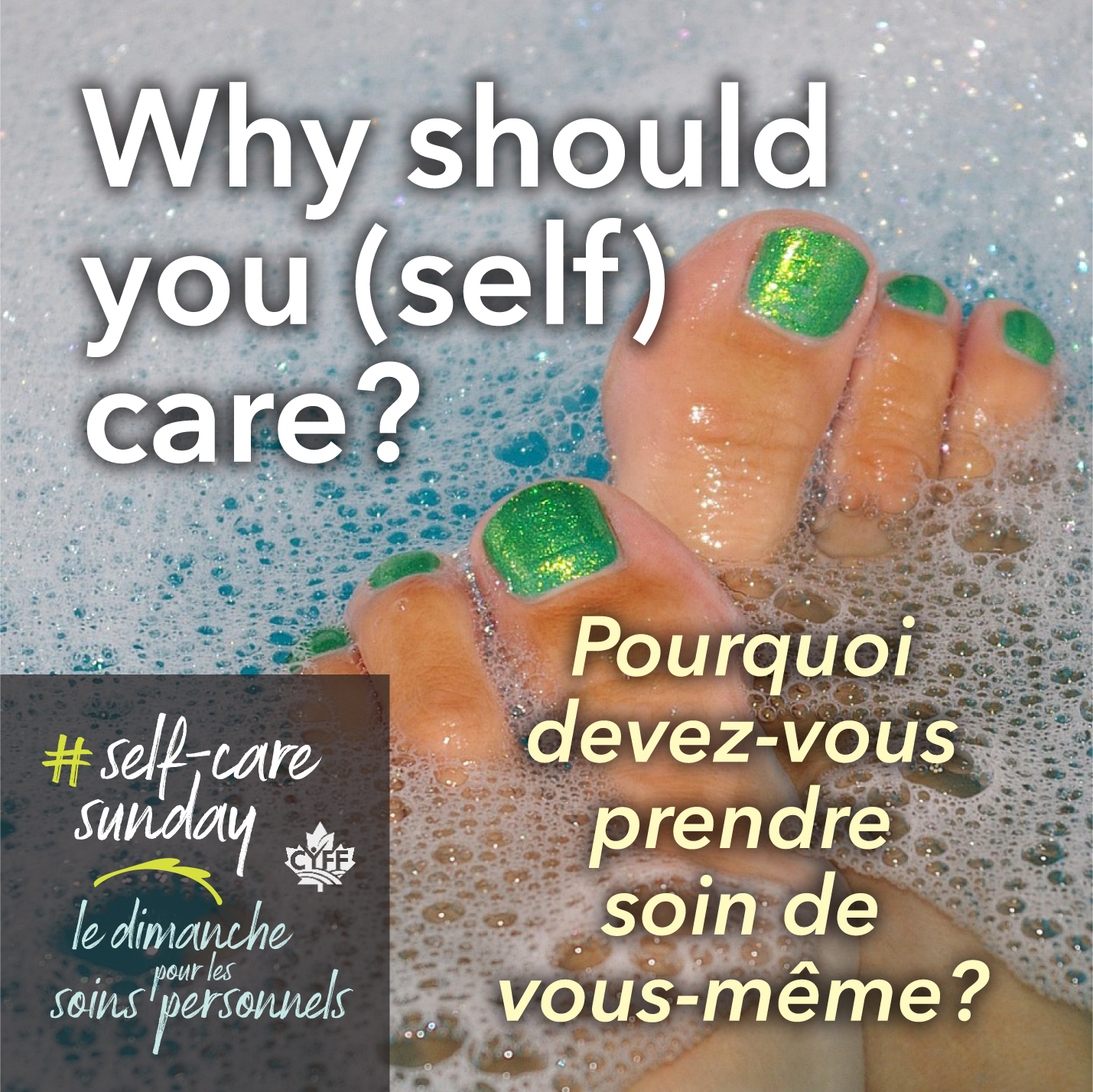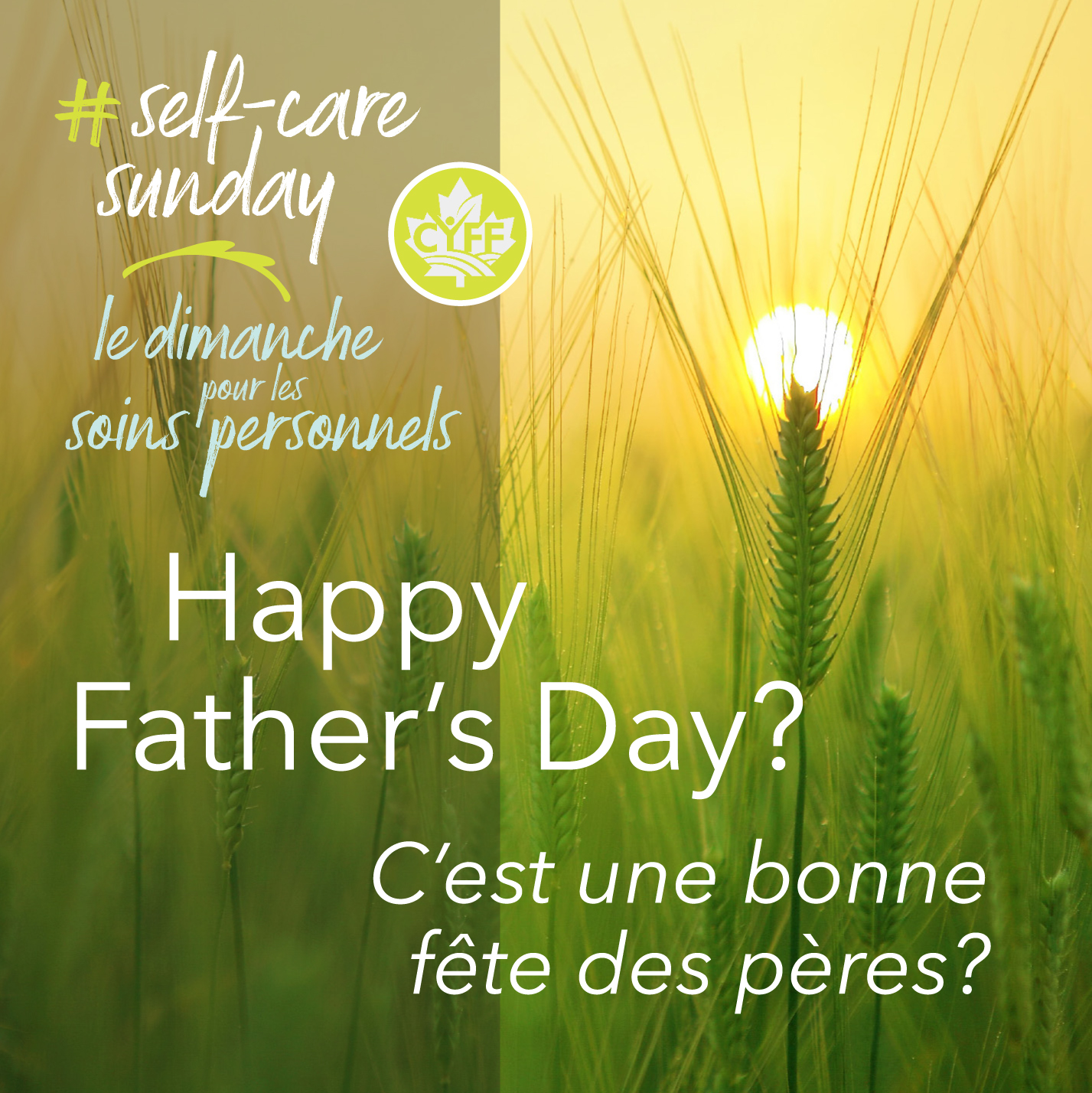
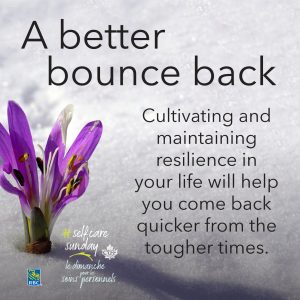
by Jess Campbell
Cultivating and maintaining resilience in your life will help you come back quicker from the tougher times.
No one loves going through hard times but, as human beings, it’s part of the deal. There may be periods where things in your life are going great, where you feel like all you’re doing is winning – and that feels fantastic.
And then, the other shoe drops. While that shouldn’t always be totally unexpected, it also shouldn’t leave you feeling like you can’t handle it. Then again, sometimes, that other shoe can flatten you right to the floor.
This – and during any level of challenge throughout your life – is where resilience comes in.
DEFINING RESILIENCE
Of all the things you need to know about being human, how to build more resilience within yourself should be one of them. Except, what the heck is resilience, anyway?
Dr. David Posen is a stress counsellor from Oakville, Ontario, with 30+ years of experience helping people to better handle stress. “Resilience is being able to deal with difficult situations as they come up,” he says. “But more importantly, it’s about being able to recover from those difficulties – and to also learn and grow from that experience.”
Resilience is both the thing that allows you to keep driving relatively calmly when someone cuts you off, and the thing that helps you to not completely crumble when you receive bad news. As that bad news sinks in and time continues to pass, though, resilience is also how you continue to move forward. The amount of resilience you have is what determines how quickly that happens – and what you actively learn from it. “You don’t learn much when your life is going wonderfully well,” says Dr. Posen. “We learn by going through difficult times. It’s one thing to recover and say, ‘Oh, I’m back to where I was.’ But wouldn’t it be nice if you came out having learned something, and become stronger – and wiser?”
There’s a rumour going around that being resilient makes you resistant to the effects of stress, or even trauma. That’s not exactly true, though, and Dr. Posen explains why. “It’s not so much about resistance or getting to a point where stress doesn’t bother you. It’s more about reducing the effects of stress at the time it happens and as soon as possible after. It’s not that you don’t get upset at things, it’s that you can decrease that upset. Resiliency helps you develop skills and tools to deal with stress and adversity, and learning how to do this actually builds confidence.”
CONFIDENCE AND RESILIENCY
A resilient person is also typically a confident person. This is because confident people believe in their ability to handle stress and adversity. “If you’re overloaded – that is, you have too much to do and not enough time to get it all done – you’re likely to have a lot of stress and anxiety. But, if you say to yourself, facing the same amount of work, ‘I can probably get most of this done. And if I don’t get all of it done, I’ll probably still be okay,’ – then you’ll have much less anxiety and stress. Belief in your ability to handle things is, in itself, a form of confidence. When you’re feeling confident, you just don’t feel as stressed or anxious.”
If it’s not already apparent that resilience is important, it should be. But if you’re someone who struggles with confidence, the idea of building resilience might be a little unnerving. The good news is, you can build both, says Dr. Posen. “You absolutely can develop confidence, and the way you develop it is through practice and experience – either invited or forced upon you.”
Another aspect that comes part and parcel with being human is our inherent inclination to stay within our comfort zone. We don’t always do it consciously, but our reptilian brain knows that keeping things familiar keeps us safe. Except guess what? If you’re someone who’s hoping to increase your confidence by way of building your resilience, you’d need to get comfortable with being uncomfortable. “The more we leave our comfort zone voluntarily, the easier it will be to leave our comfort zone involuntarily,” Dr. Posen says. “If you challenge yourself, you not only gain the experience in whatever it is you’re doing, but you also learn more about how to build your resilience. The more you stretch yourself and challenge yourself, the more comfortable you’ll become in your life when adversity or challenging times come to you. And it’s during those uninvited challenges that you can remind yourself of all the things you’ve done in the past.”
It was Henry Ford, founder of the Ford Motor Company, who said, “Whether you believe you can do a thing or believe you can’t, you’re right.” When it comes to building your resilience and your confidence, Dr. Posen says the same. “Beliefs often create self-fulfilling prophecies. So much of self-confidence is about how you talk to yourself. Resilience is tied to attitude and confidence, but that’s based on experience, on knowing you have the tools, skills and strategies to deal with new and recurrent difficult situations. We’ve all been change agents: learning to use technology, becoming parents, even learning to drive a car. You don’t need to rely on adventure stories of people who’ve climbed Mt. Everest for inspiration. Just remind yourself of your own track record.”
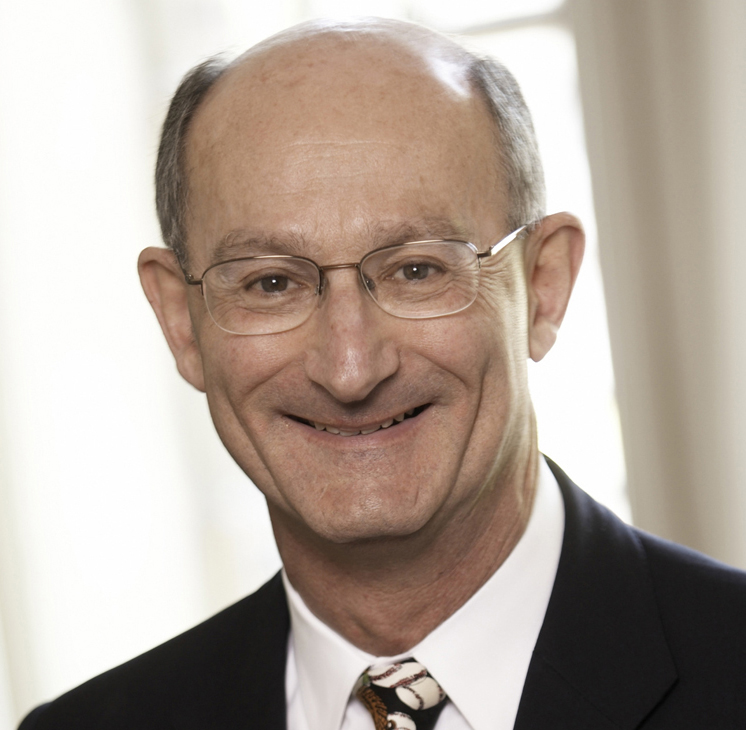
DR. DAVID POSEN
Stress management
Lifestyle Counseling
Psychotherapy
Dr. David Posen was a family physician for 17 years before devoting his time exclusively to stress management, lifestyle counseling and psychotherapy in 1985. As both a keynote speaker and seminar presenter, David has spoken widely to education, government, business and professional groups across North America. David is the best-selling author of five books: ALWAYS CHANGE A LOSING GAME, STAYING AFLOAT WHEN THE WATER GETS ROUGH, THE LITTLE BOOK OF STRESS RELIEF, IS WORK KILLING YOU? and AUTHENTICITY. His magazine articles have appeared in Canadian Living and Readers Digest as well as several medical journals. David has appeared many times on TV and radio across Canada and has been quoted in many leading U.S. media outlets. Married with two adult children, David lives and works in Oakville, Ontario. In addition to his busy schedule of seeing patients, writing and public speaking, he is an avid reader, musician, baseball and tennis player.
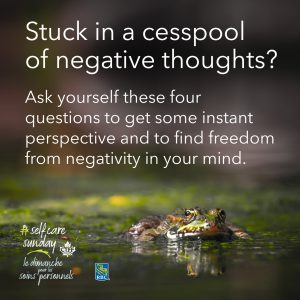
by Jess Campbell
Stuck in a cesspool of negative thoughts? Ask yourself these four questions to get some instant perspective and to find freedom from negativity in your mind.
You’re an idiot.
You have no idea what you’re doing, and people can tell.
What if this happens? Or worse, that?
You’re not good enough.
We all have intrusive thoughts, the conga line of inner judgements that can range in seriousness from mildly annoying to absolutely crippling. While that kind of dialogue is rarely helpful in the moment, it is still there for a reason. Our brain’s number one job is to keep us safe. Even when our thoughts are particularly terrible, their intention is to make sure we don’t end up mentally, physically or emotionally hurt. But it’s this same inner dialogue that keeps us from taking any kind of risk, even when that risk is pursuing our dreams or becoming the person we so desperately wish we could be.
The good news is, thoughts are just… thoughts. They can be changed, even the intrusive ones that have been holding us back from everything we’ve ever wanted.
DON’T BELIEVE EVERYTHING YOU THINK
Angela Marshall is a life and wellness coach, and meditation teacher from Saskatoon, Saskatchewan, and she knows very well how powerful our thoughts can be. “Stress comes from our thoughts, and from how we feel about our thoughts. But a lot of the stuff that goes on in our minds is not based in fact; it’s just based in fear of the future or some kind of impulsive reaction to something that happened to us in the past, like how someone treated us once. When we believe everything we think, we end up in all these overthinking stories or reactions rather than being present in the moment. In other words, thoughts matter!”
We’ve all had the experience of being “stuck” in our head. Something happens (for example, someone is late) and you just can’t seem to stop thinking about it. The thoughts go round and round in your mind, building in intensity as time ticks along and causing you to feel stressed and perhaps even to catastrophize (they’re late because they’ve been in an accident). Soon, you’ve created a scenario in your mind that has you more stressed than the initial thought, sucking all your energy and emotion into it like a vortex in space.
Sounds fun, doesn’t it?
Although some version of this thought pattern is typical for most people, it doesn’t have to be.
THE FOUR QUESTIONS
Letting go of negative thought patterns and, by default, stress has to do with becoming aware of your thoughts in the first place, and figuring out whether they are based in fact. Four simple questions will help you determine this and can help you begin to change your negative thoughts for good.
The Four Questions were created by American spiritual teacher Byron Katie. When she was in her early forties, Katie had been in a terrible depression for well over a decade. One morning, she woke up and asked herself four very specific yet very simple questions, and was able to release herself from her depression by changing her thought patterns. She’s been teaching others how to do the same ever since.
Coach Angela has drastically altered her own thinking in part by studying Katie, and by utilizing The Four Questions regularly, resulting in her ability to emerge from her own mental and physical health crisis.
When you find yourself falling into your negative thought pattern, Coach Angela suggests employing The Four Questions. “The first question to ask is: is it true? This gives you the chance, right away, to take an honest look at the thoughts you’re having and determine if they’re true or if they’re a fabrication of stress. Immediately, your brain will tell you of course, it’s true! So, the second question is: is it really true? We love to believe that our mind is telling us the truth. But when we really genuinely drop in and identify the facts, we get instant perspective. Once you’re able to acknowledge that the story you’re telling yourself is perspective and not necessarily fact, you’re to the third question, which is: how does that thought make me feel? It’s essentially an internal mediation on your thoughts, and you begin to notice internal cause and effect. This third question is connecting the dots for you, and naming your emotions. So then, the fourth question is: who would you be without that thought? We can imagine how our lives would be different without that thought, and doing so neutralizes the circumstance we’re being triggered by.”
Once you’ve asked – and answered honestly – these four questions, you can then begin to create what are called turnaround thoughts to help you change your perspective and, eventually, your thought patterns. It’s hard work, but it can be done. “The biggest challenge we have is that we don’t look at these issues that come up in our lives as potential,” says Coach Angela. “We don’t see them as things to learn from. But everything in our life that happens to us can potentially be for us and not against us. Our stress stems not from the external but from how our mind perceives what’s going on around us. The Four Questions give us tools to change our perspective, choosing consciously how you want to be, and how you want to move forward. You can stay in the loop and play the blame game but it still comes down to how you want to feel in your life. You get to choose how you want to respond and feel. It is a retraining of the brain. But it’s totally worth it.”

ANGELA MARSHALL
Functional Diagnostic Nutrition Practitioner
Holistic Health & Life Coach
Angela Marshall is a Certified Functional Health and Life Coach and Mindfulness Meditation Teacher. Her health coaching practice includes mindfulness and meditation and began after she had chronic health and pain issues that she was wanting to heal. With her own healing she then become a teacher of Mindfulness Based Stress Reduction with Dr. Jon Kabat Zin and expanded to other meditation practices. A firm believer in the benefits of meditation, Angela loves to teach people how to stay grounded and centered when approached with difficult or stressful situations with more patience and a clearer mind. In addition, Angela is a Functional Diagnostic Nutrition Practitioner and Integrative Health coach. She believes in the body’s innate ability to heal and be in its natural state of well-being when we give it the right environment to do so.
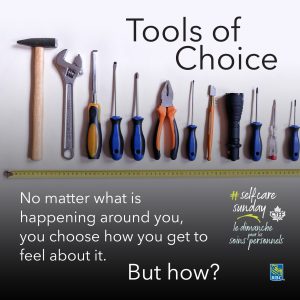
by Jess Campbell
No matter what is happening around you, you choose how you get to feel about it. But how?
As farmers, we are faced with countless situations that could be considered stressful. Everything from forgetting to set the coffee maker to a water line in the barn breaking overnight to looking at your financials and not knowing how you’ll make it through another year.
No one is debating that farming is stressful and anxiety-inducing. But would you believe it if someone said it doesn’t have to be? You can choose how you feel about every single situation you find yourself in, and you can choose to feel something other than anxiety.
Here’s how you can begin to choose how you want to feel, and let go of stress and anxiety in any situation.
ACKNOWLEDGE THE CHOICE
Whether you believe it or not, we have the choice to feel how we want to feel. Health and wellness coach Angela Marshall teaches her clients how to shift their perspective on anxiety, among many other things. “With anxiety, most people don’t even know where it comes from. It’s just a feeling they get and then it’s there and they focus on it, which drives it. We have never been taught to feel a feeling and be present with it, (so) the most challenging thing on the entire planet is to feel a feeling. A lot of what anxiety is, is the mind trying to run away from the feelings you’re having, hating that feeling, etcetera. When you allow yourself to lean into it and lay out the welcome mat, so to speak, your body is capable of processing it.”
To begin to lean into what you’re feeling, you need to acknowledge it. For example, the difference between anticipation and anxiety is the presence of fear. While anticipation often has you feeling excited and lighthearted, anxiety is rooted in fear. “Anticipation is, ‘oh wow, I have this great idea!’ Anxiety is, ‘oh wow, what if it doesn’t work and I fail and we lose everything?’ You need to acknowledge what you’re afraid of,” says Coach Angela.
ACCEPT YOUR ROCK BOTTOM
Acknowledging what you’re afraid of means exploring, in detail, your worst case scenario, a.k.a., your rock bottom. It may seem counterintuitive to give any headspace or energy to thinking about worst case scenarios, but there is a definite point to it. “A lot of times, anxiety arises when you’re making fairly significant decisions,” Coach Angela says. “I will ask people to imagine their worst case scenario, their rock bottom—and then to make peace with it. You do this by understanding that no matter what, if that rock bottom happens, you’ll be okay. Acknowledge it, feel it and then allow whatever is in your subconscious to help you see what you’re believing about the situation. That will help you dive down into what that fear is, and let it go. When you make peace with your rock bottom, you can be present in what you’re doing and move forward.”
EXAMINE YOUR BELIEFS
No one will argue that Western society is fraught with fear. What we don’t always understand is it’s our belief systems that send us in the direction of fear. Some will argue that fear is good, that it keeps us safe—but does it, if it’s got us stuck in anxiety all the time? “Fear is a function for humans to survive in a physical way,” says Coach Angela. “What happened as humans evolved, fear became rampant and we now operate from fear. Fear is good only in survival mode, like if you’re climbing up a mountain. Everything else is learned and adapted in a way that is not supportive of humans.”
Taking a closer look at how your beliefs have been shaped is important when you want to move out of anxiety and into calm. Everyone lives busy, stressful lives; it’s what we do, right? Maybe not. “It’s important for people to understand and acknowledge that anxiety isn’t a natural thing we have to live with. I didn’t know that, and I lived with it and thought it was just the way I was. There is another way we can be in the world. The belief system that changes someone from anxiety back to anticipation is knowing that no matter what, you’re going to be okay. Changing your belief systems doesn’t have to be hard; it’s like any other practice. When you first started brushing your teeth as a kid, it was new and different and felt strange. Now, as an adult, you don’t even think about it. Changing your beliefs is the same thing. You can flip a switch in your mind and change it, or you can practice it so much, it becomes who you are. Is it hard? Well, that’s a belief in and of itself, isn’t it?” (laughs)
Beliefs and feelings and awareness. These are the tools you have within you to choose how you want to feel and live the life you want to live. “As a farmer, you decided on this lifestyle. Potentially, you could walk through your life totally stressed the entire time, because you believe that’s the way it has to be. But it doesn’t. The circumstances are neutral, effectively; the storm is going to happen. You choose how you feel about it. You have a choice. That perspective exists, and it can be done.”

ANGELA MARSHALL
Functional Diagnostic Nutrition Practitioner
Holistic Health & Life Coach
Angela Marshall is a Certified Functional Health and Life Coach and Mindfulness Meditation Teacher. Her health coaching practice includes mindfulness and meditation and began after she had chronic health and pain issues that she was wanting to heal. With her own healing she then become a teacher of Mindfulness Based Stress Reduction with Dr. Jon Kabat Zin and expanded to other meditation practices. A firm believer in the benefits of meditation, Angela loves to teach people how to stay grounded and centered when approached with difficult or stressful situations with more patience and a clearer mind. In addition, Angela is a Functional Diagnostic Nutrition Practitioner and Integrative Health coach. She believes in the body’s innate ability to heal and be in its natural state of well-being when we give it the right environment to do so.


